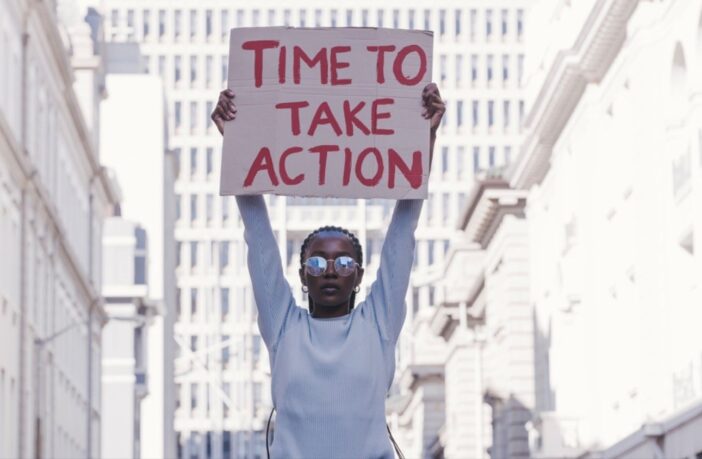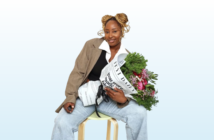The fear of strong Black women in politics isn’t a new phenomenon—it’s deeply rooted in both systemic racism and sexism. We saw it on full display recently when a Trump surrogate, challenged by a CNN commentator about whether he knew any strong Black women, fumbled and failed to answer the question.
This moment was telling, not just because he couldn’t name a single Black woman, but because it highlighted a broader societal discomfort with Black women’s strength, particularly when they occupy positions of power.
In 2024, as political campaigns heat up, we’re witnessing attempts to discredit Black women in leadership reach unprecedented levels. Kamala Harris, despite being the most qualified candidate on the ballot with a resume that includes Attorney General and Vice President, faces constant attacks on her competence and character. If she speaks on issues of race—whether about the Black community or justice system inequities—her critics pounce, twisting her words to stoke division.
This type of scrutiny is a burden that Black women have carried for generations in politics. It’s the double bind we navigate: stay silent and be deemed ineffective, or speak up and be accused of “race-baiting.”
The fear and vilification of Black women speaking truth to power isn’t just happening on the national stage—it’s also playing out in local races, like in Fort Bend County, Texas.
Take Judge Tameika Carter, presiding judge of the 400th District Court, who recently made a poignant observation during a candidate forum about how “tough-on-crime” policies disproportionately impact Black and Brown communities. As a judge, she has seen firsthand how systemic inequities continue to harm marginalized communities, and she courageously called attention to this truth. But instead of engaging with the substance of her remarks, Republican opponents quickly labeled her statements as “divisive.”
Fort Bend Country 400th District Judge Tameika Carter
One of her critics, GOP candidate Steve Rogers, took particular offense, implying that acknowledging race in the justice system equates to unfairness. Rogers’ insistence that “justice is blind” overlooks the very real and well-documented racial disparities that exist within our criminal justice system. By refusing to acknowledge these truths, critics like Rogers are attempting to silence Black voices like Judge Carter’s, framing their strength and honesty as a threat rather than a call for progress.
But this isn’t just about one candidate or one race—it’s part of a broader effort to undermine Black women in positions of power. When Judge Carter speaks about injustice, it’s labeled as “race-baiting.” When Kamala Harris advocates for the marginalized, it’s dismissed as divisive. This is the cross we bear as Black women in politics: we are expected to fight for equity without ever addressing the inequities that directly impact our communities.
This type of attack relies on the same old playbook. Instead of grappling with the tough issues Judge Carter raises—like systemic inequality in the justice system—her critics twist her words into something they are not, accusing her of using race as a weapon. It’s an intentional strategy to paint Black leaders as instigators of division, while conveniently ignoring the root causes of the disparities they point out.
But here’s the thing: the voters of Fort Bend County are smarter than these tactics. They understand that conversations about criminal justice reform and equity aren’t “race-baiting”—they’re necessary for building a fairer society. People want leaders who will confront hard truths and fight for justice for all, not just the privileged few.
The fear of strong Black women in politics stems from our willingness to challenge the status quo, speak truths that make people uncomfortable, and demand change where it’s long overdue. But this fear won’t stop us. We’ve come too far and accomplished too much. And no matter how hard they try to silence us, we will continue to rise because strong Black women are exactly what this country—and this county—need.



